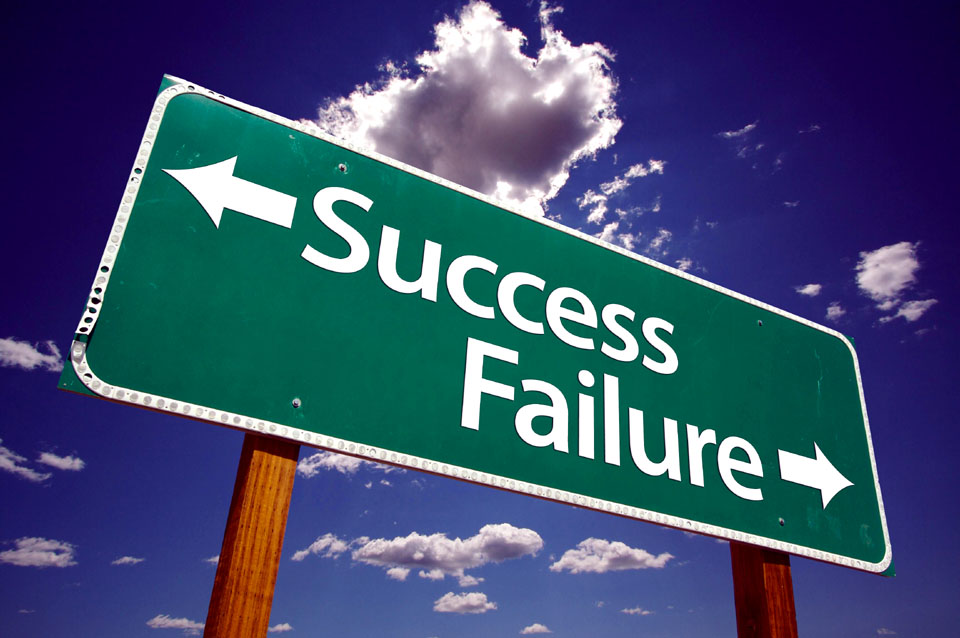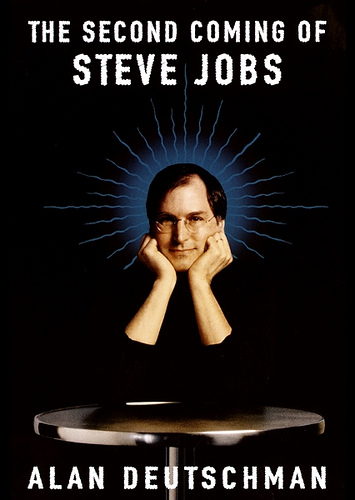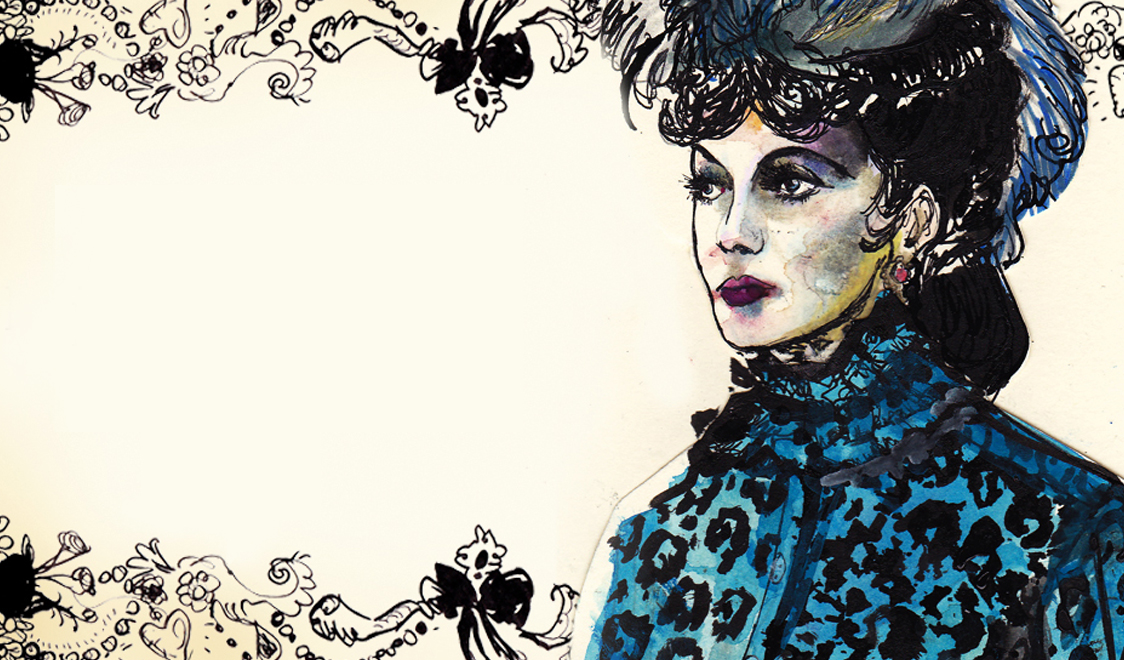
“I don’t divide the world into the weak and the strong, or the successes and the failures. I divide the world into the learners and non-learners.” -Benjamin Barber
August 2012: at the company I worked with, it was the time of year when budgets were being set and financial projections established for the fiscal year ahead. My boss, the intrepid entrepreneur had, as usual, set stiff targets for the group. My EBITDA target was sent to me via email. The number jumped right out of my laptop screen, hit me with a blow that almost knocked me senseless and said “hey there, my name is “IMPOSSIBLE” and your name must be “LOSER”. It left me with a black eye, a swollen lip, and what felt like a permanently bruised ego.
After a panicked call to my Finance Manager, I nursed my wounds and got busy with the mountain of other important tasks. Of course, the number wasn’t going anywhere; the more I ignored it, the more disquieted I became. As I racked my brain about how this target could be accomplished, I managed to convince myself that the target was unrealistic. I began to accept that the initial slap in the face would only be the beginning of an abusive relationship between me and my new earnings target for the 2013 financial year.
After days of making myself miserable, I finally realized that it was a fear of failure and not the target itself that was getting the better of me. This evening, I updated my facebook status to reflect my change in attitude:
Trying to turn my “I can’t do that, don’t try to make me” attitude into an “I can do this, I just need to figure out how…” mindset. The human spirit is powerful; it knows it can do the impossible.
My friend Greg immediately responded. I have several awesome friends named Greg, but this one is the multi-talented champion kickboxer with the gorgeous girlfriend and a heart of gold. He sent a link to this blog post.
The words resonated with me. It was exactly what I needed to be reminded of. The article is based on the work of Carol Dweck, PhD. It turns out that I’ve already read her excellent book ‘Mindset: The New Psychology of Success ‘ via Audible. I had to face the fact that my “mindset” about my own abilities was still a lot more fixed than I would have wanted to admit.
‘ via Audible. I had to face the fact that my “mindset” about my own abilities was still a lot more fixed than I would have wanted to admit.
According to Dr. Dweck, there are two meanings to ability and we can choose which one we will adopt:
1. Fixed Ability
A fixed ability seeks to be proven as smart, accomplished or talented, and is overly concerned with being validated, and minimizing mistakes. There is a constant fear of failure, because to “fail” means to mess up your own fixed view of yourself. In the fixed mindset, trying really hard is a bad thing; too much effort proves you’re not smart or successful.
2. Changeable Ability
A changeable ability seeks to be developed through learning, and even through “failure”. Growth mindset people constantly seek to stretch themselves, always reaching for a new challenge. They fear not growing and not fulfilling their potential. In the growth mindset, not trying hard enough is the bad thing; effort is the proof that you will become smarter and more successful.
One of the things I admire most about my boss and several of the other entrepreneurs I have been blessed to work with is their overarching drive to keep going—obstacle, after obstacle after obstacle. Most entrepreneurs have a growth mindset; they thrive on challenges and sometimes achieve the impossible.
Here’s the key question: Is success for you about learning and overcoming limitations? Or is success about proving that you’re smart and validating your ability?
As infants, we exhibited an exuberant desire to overcome obstacles. As we learned to walk and talk, we were not self-conscious. We were fearless and ready to take on any challenge. But as we learned to evaluate ourselves, we gradually become more and more afraid of looking foolish, of saying the wrong thing, of failing. Most of us have developed a fixed mindset.
We can all begin to reverse that process and work to develop a growth mindset. We must change our definition of success from something to be protected or maintained, to the idea of success as a bumpy process of constantly becoming better than we were before.
And this why I changed my mindset, and decided not to give up. Yes, 15% VAT was slated to be introduced in St. Lucia on October 1st. Yes, the unemployment rate was estimated to be around 17%. Yes, I was running a small company in a competitive environment. But yes, I made a commitment to conquer myself and work my hardest to meet and exceed that EBITDA target by running the tightest, happiest, most innovative ship I could.













